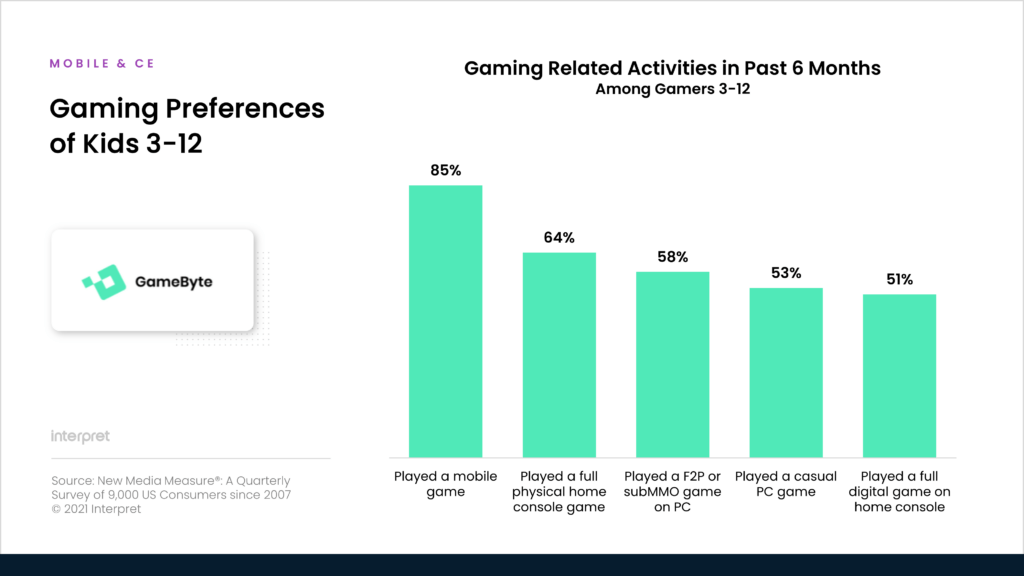In 2021, smartphones are so ubiquitous and are so frequently relied upon for numerous scenarios that they are effectively becoming extensions of ourselves. Mobile device interactions seemingly start at earlier and earlier ages, but that might not be as worrisome as it sounds for concerned parents. A new study out of the University of Cincinnati and the University of Toronto suggests that smartphones and other smart devices could actually be making kids smarter rather than dumbing them down.
University of Cincinnati social/behavioral expert Anthony Chemero explained that digital technologies do not harm human cognitive abilities (for children or adults). “What smartphones and digital technology seem to do instead is to change the ways in which we engage our biological cognitive abilities [and] these changes are actually cognitively beneficial,” he said.
“You put all this technology together with a naked human brain and you get something that’s smarter…and the result is that we, supplemented by our technology, are actually capable of accomplishing much more complex tasks than we could with our un-supplemented biological abilities.”
Not all screen time is equal, of course. One of the primary uses for mobile devices is gaming. That’s been especially true over the last year as the world suffered through a global pandemic. Gaming, however, has its own proven educational benefits, including the ability to bolster memory, critical thinking, problem solving skills, attention span, creativity, and more.
According to Interpret’s GameByte®, weekly gaming hours on mobile devices have risen by 30 minutes over the last year to 4.8 hours for kids aged 3-12. In fact, mobile is the most popular gaming platform for kids, with 85% of the 3-12 group playing on mobile, followed by physical disc console gaming (64%) and playing a free-to-play or subscription multiplayer online game on a PC (58%). Fear not, parents – all this game time won’t rot your kids’ brains.





